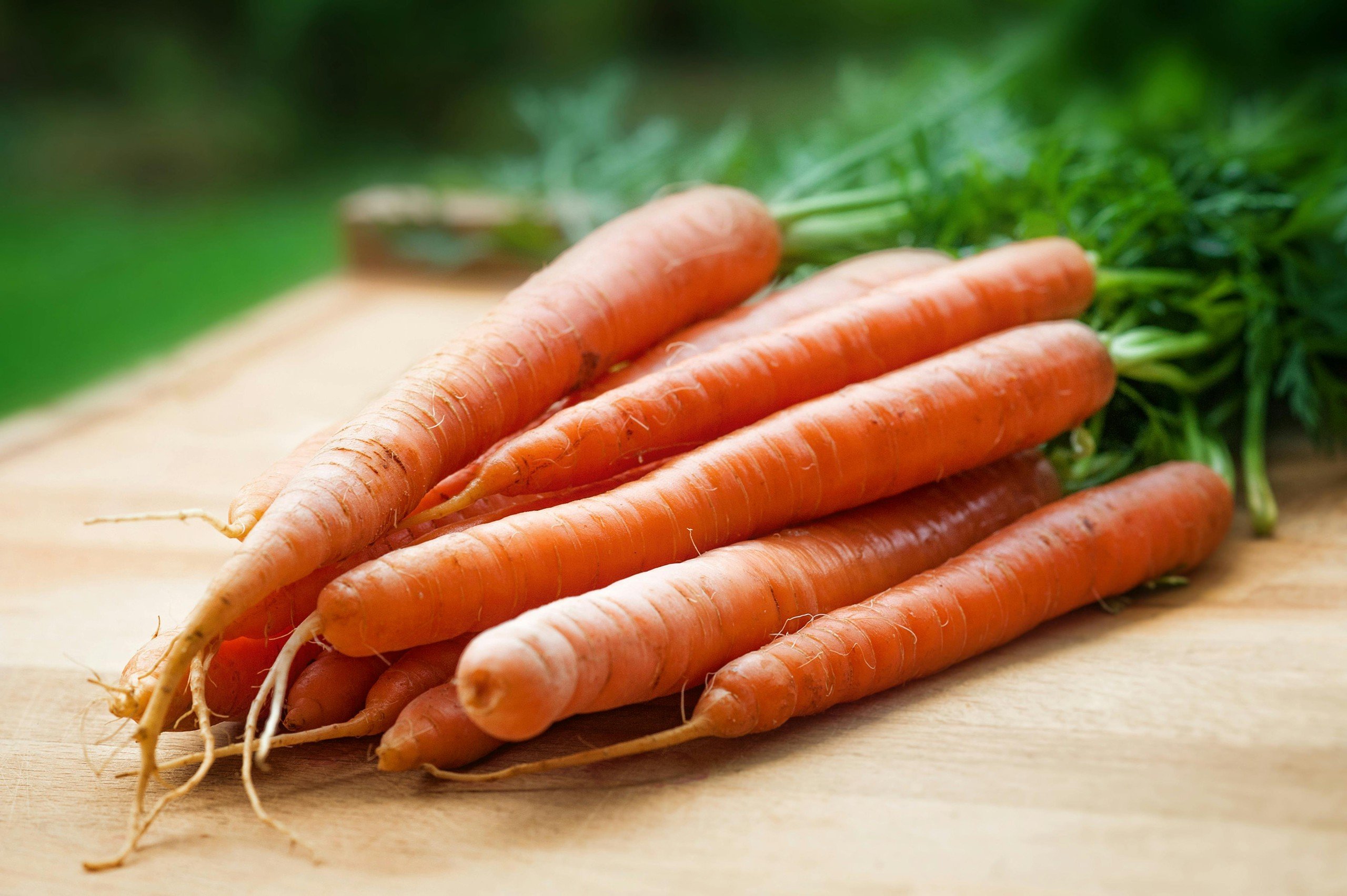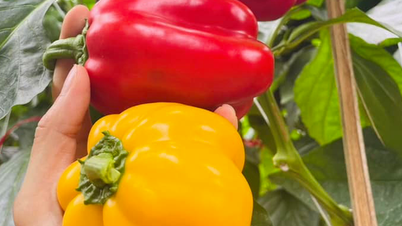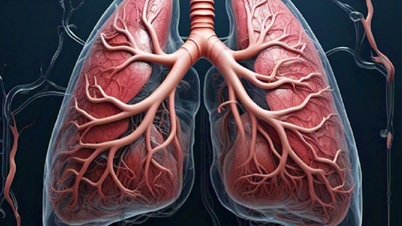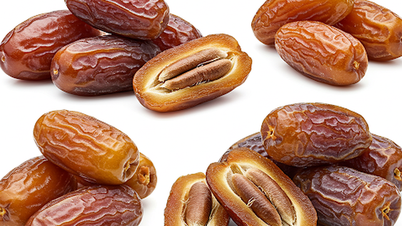Thanks to their rich nutritional content, especially antioxidants, carrots help protect the eyes from damage and disease.
Regularly eating carrots can improve eyesight and reduce the risk of eye diseases such as cataracts or macular degeneration.
Not only that, carrots also have the ability to restore vision for people with impaired vision due to nutritional deficiencies, according to the health site Verywell Health .

Carrots are great for overall health.
Benefits of carrots for eyesight
Yellow, orange and red vegetables, especially carrots, are rich in carotenoids. These are a type of plant pigment that can protect and improve eyesight.
The body does not produce carotenoids on its own, so you must get them through your diet.
According to the National Institutes of Health, when entering the body, carotenoids are converted into vitamin A, an essential nutrient for the eyes. Vitamin A helps maintain the health of the cornea and retina, two important parts of the eye.
In addition, carotenoids also have antioxidant properties, protecting the eyes from the harmful effects of free radicals, reducing the risk of eye diseases such as macular degeneration and cataracts.
In particular, three types of carotenoids, lutein, zeaxanthin and mesozeaxanthin, play an important role in protecting the macula - the central area of the retina, where photoreceptor cells are concentrated, helping us see clearly.
However, it is important to note that carrots are only part of a healthy eye diet. For bright, healthy eyes, you should combine eating lots of green vegetables, fruits, nuts and foods rich in omega-3. In addition, protecting your eyes from the sun, getting adequate rest and regular eye exams are also important.

Eating carrots helps reduce the risk of eye diseases such as macular degeneration and cataracts.
How to use carrots for good eyes
You can enjoy carrots in many different ways, from eating them raw, boiled, steamed, roasted to juicing. Each preparation method will bring different flavors and nutritional content.
However, studies show that steaming or microwaving carrots preserves vitamin C and beta-carotene better than other methods.
Fresh, frozen, and canned carrots all provide you with the nutrients you need. However, fresh carrots tend to have a higher beta-carotene content than frozen carrots.
The canning process uses heat, which can reduce some nutrients. Vitamin C is easily lost to heat, while vitamins A and E are heat-resistant.
When choosing fresh carrots, you should choose ones that are deep orange, firm and not bruised.
Note when eating carrots
According to the Duke University Health System (USA), like many other foods, eating too many carrots is not good. Nutritionists recommend a balanced and varied diet.
Although carrots are packed with beneficial nutrients, focusing on just one food can leave your body lacking in other essential nutrients.
Eating too many carrots can cause a condition called carotenemia, which causes your skin to turn orange-yellow. This is due to too much carotene building up in your blood. Fortunately, this condition is usually harmless and will go away on its own if you reduce your carrot intake.
Source: https://thanhnien.vn/ca-rot-tot-cho-mat-nhung-an-nhieu-co-bi-vang-da-185241031114444115.htm


![[Photo] Ho Chi Minh City: Many people release flower lanterns to celebrate Buddha's Birthday](https://vphoto.vietnam.vn/thumb/1200x675/vietnam/resource/IMAGE/2025/5/10/5d57dc648c0f46ffa3b22a3e6e3eac3e)





























![[Photo] General Secretary To Lam meets with Chairman of the Federation Council, Parliament of the Russian Federation](https://vphoto.vietnam.vn/thumb/1200x675/vietnam/resource/IMAGE/2025/5/10/2c37f1980bdc48c4a04ca24b5f544b33)
































































Comment (0)